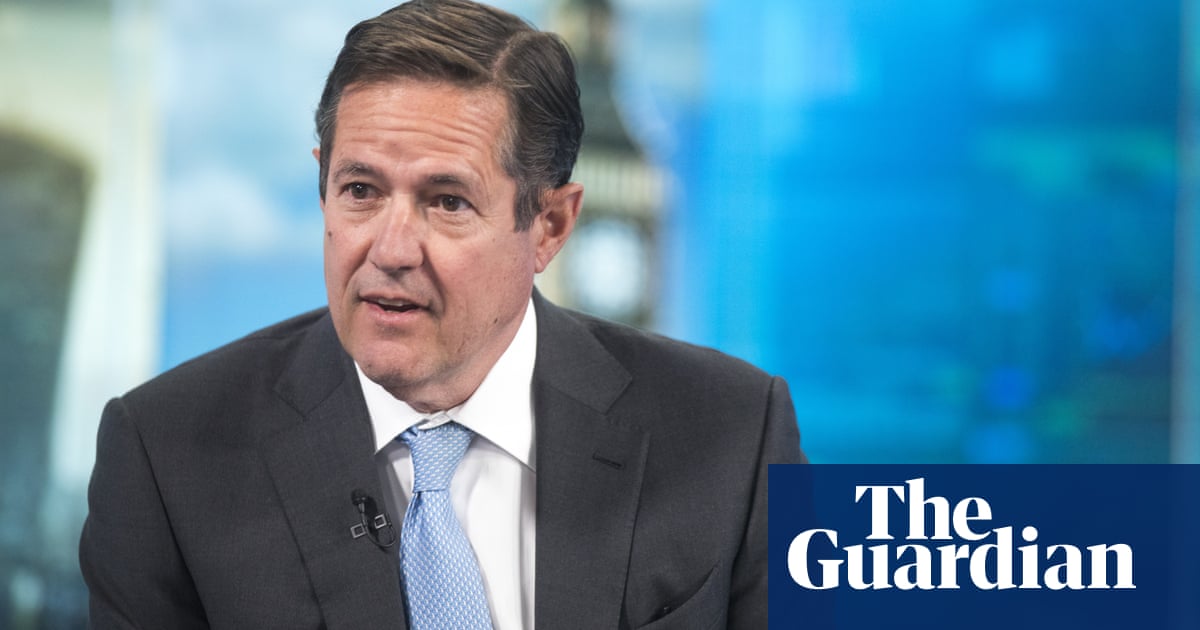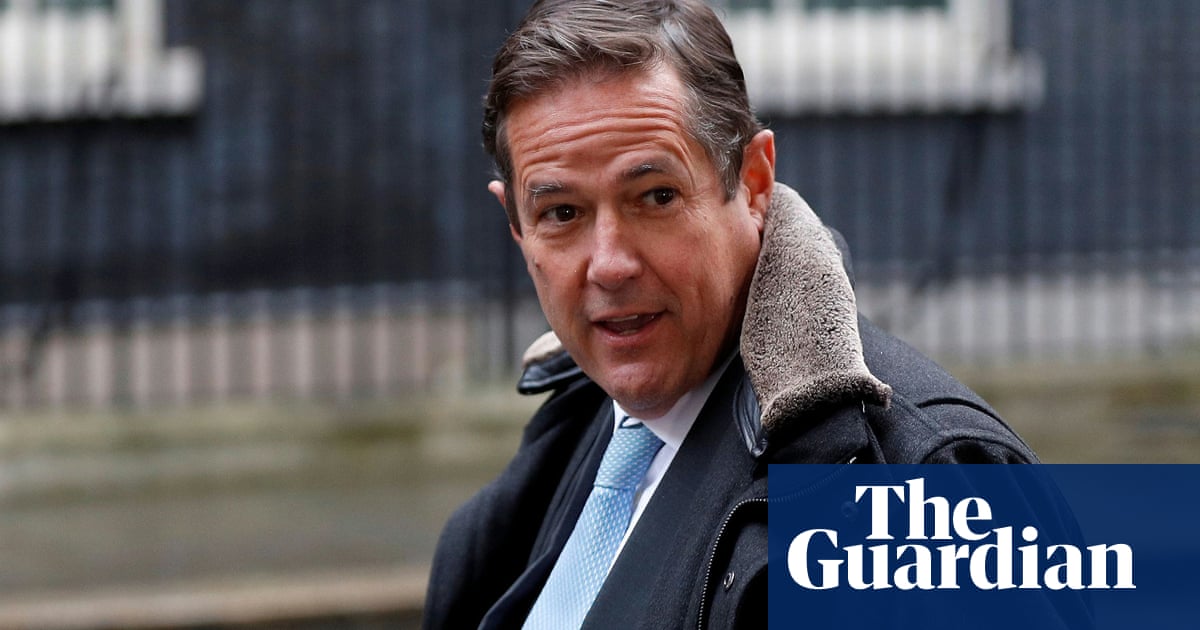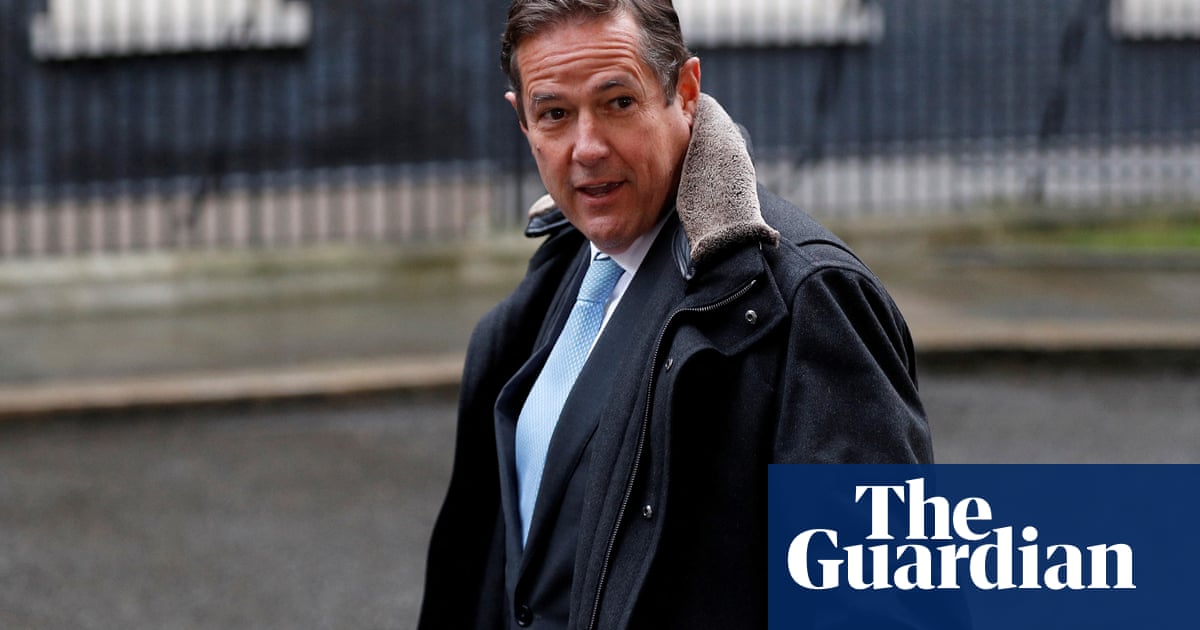
LONDON (Reuters Breakingviews) - Barclays Chief Executive Jes Staley’s decision to keep a big investment bank has been a blessing in 2020. But that’s been the exception rather than the rule during his tenure. As the board plans for Staley’s eventual exit, a candidate who is less attached to the markets business would be the best choice.
True, having a large trading unit allows banks to better weather economic downturns. When loans sour, frenetic capital markets provide income. Barclays’ investment bank generated a 10.5% annualised return on tangible equity (ROTE) in the first nine months of 2020 after excluding litigation and conduct charges compared with 3.8% for the group, results showed on Friday. And Barclays’ shares are down 39% this year, less than the average 51% fall for retail-focused Lloyds Banking and NatWest.
The surging investment bank may, however, already be running out of steam. Revenue in the three months to Sept. 30 was 16% below the average of the two previous quarters. The VIX Index and ICE BofA MOVE Index, which measure expected volatility in the U.S. equity and Treasury markets, are down 32% and 11% respectively in the past six months.
Nor do a few good quarters for investment banking compensate for consistently sub-par returns. The unit’s annualised ROTE has only surpassed 10%, its probable cost of equity, in three of the past 19 quarters. The average annualised quarterly ROTE over that period is 6.7%, meaning it destroyed value. That explains why Barclays still trades at a discount to Lloyds and NatWest, and recently even Deutsche Bank, which is shrinking its wholesale unit. The lesson is that investors don’t prize diversification - especially if it comes with low and volatile returns.
Staley said on Friday he would like to run Barclays for two more years. But the board will already be thinking about succession planning. The company in September effectively anointed Paul Compton and CS Venkatakrishnan as the internal candidates, giving them each one half of the investment bank to run. Like Staley, they previously worked at JPMorgan.
The risk for shareholders is that, if elevated to the top spot, they would be reluctant to cut or reallocate capital away from their former fiefdom. An outsider, on the other hand, might be better-placed to shake things up - and rid Barclays of its bargain-basement valuation.












